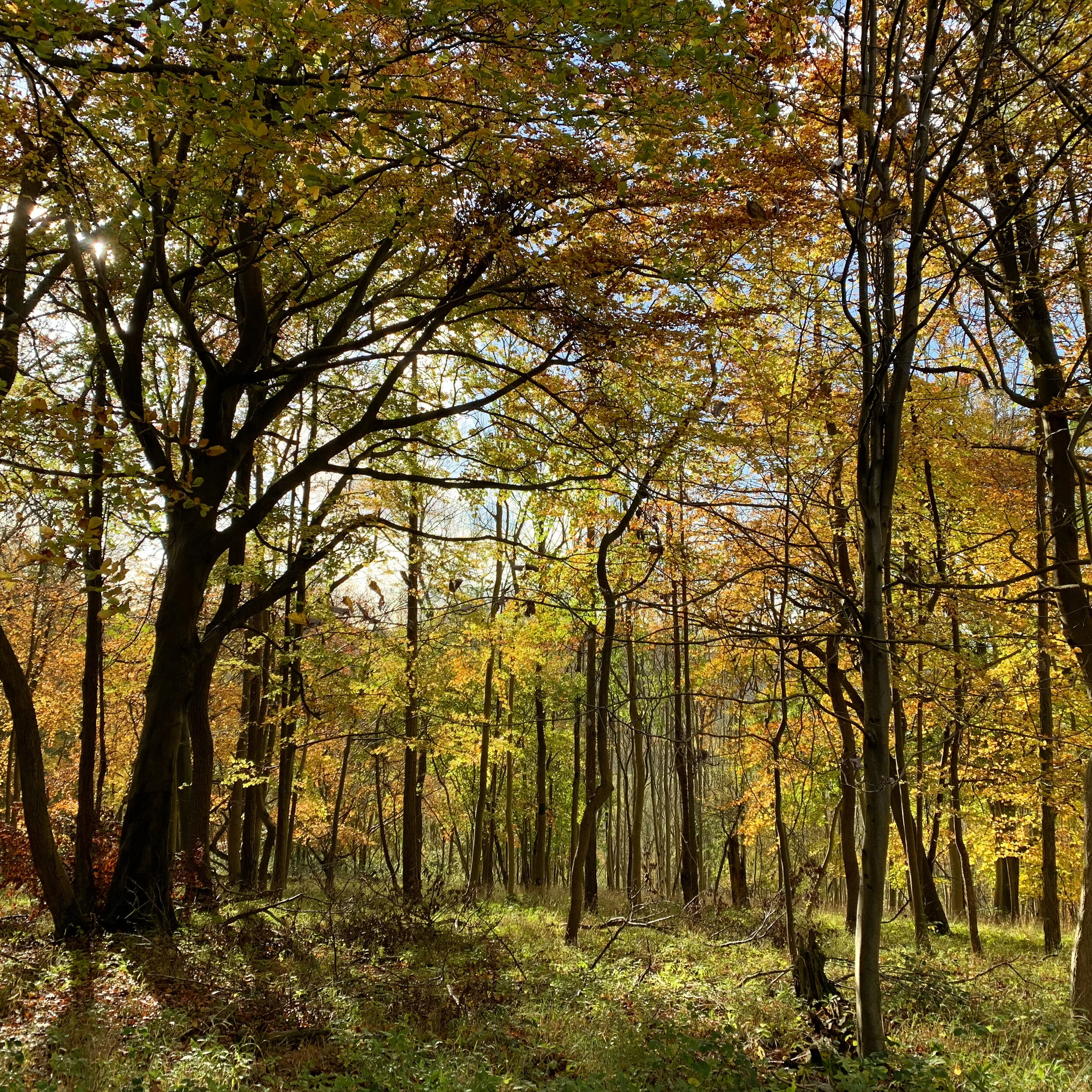Autumn/fall is a time of releasing and letting go. We see it in nature, as the trees around us change colour and shed their leaves. It’s a time of grounding down, nurturing and tuning inwards to prepare for winter, and in time the new growth of spring.
As the seasons shift, we too experience transition, release and renewal. It’s a time to release old patterns and energy, to let go of things in our lives that no longer serve us, having faith that new growth will appear.
Letting go doesn’t have to mean some big dramatic change in your life. Letting go can simply mean letting go of the need to have everything perfect or letting go of self-doubt so you can trust yourself fully.
When you let go of things that are no longer serving you, you make space in your life for new possibilities, new beginnings and new growth.
Ideas for your practice
Set an intention.
Bring to mind something in your life that no longer serves you, that you would like to let go of. It could be an emotion, a fear that holds you back, a situation or a relationship. Make it your intention today to let this thing go, in order to make space in your life for new possibilities.
Journaling and self-inquiry questions.
What can you let go of to be fully present in your own life?
Can you let go of fear, doubt, stress, the need to be perfect, everything you can’t control, old relationships, the feeling that you aren’t enough, failure, defeat, what is not meant for you?
Instead, can you let in love, joy, beauty, and new beginnings?
What do you want to make space for in your life right now?
Breath centred meditation.
“Every rhythmic breath count contains within its circle all that we need to know. Things always change: the inhalation turns into the pause that follows; and the pause turns into the out-breath; and the out-breath turns into the pause that follows. The individual breath cycle is complete, but its rhythm continues.... patterns of change, pause and release.”
- Uma Dinsmore-Tuli










